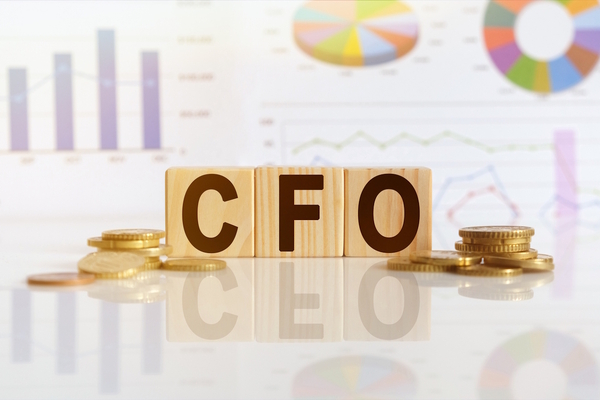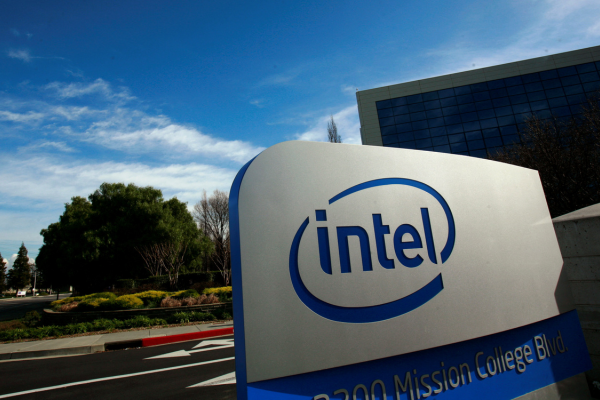Cyber-security as a business enabler

Benjamin Vaughan at Bridewell looks beyond technology and considers cyber-security investments that add long-term value
As cyber-threats become increasingly sophisticated, investing in the right cyber-security solutions has become essential for protecting businesses and securing long-term growth. However, it’s not just the technical aspects that need to be considered.
For decision-makers in the C-suite, understanding the potential business impact of cyber-security incidents and solutions is also essential. The best cyber-security investments go beyond merely choosing the most advanced technology. This requires balancing technical considerations with broader strategic and financial objectives.
Cyber-security today must do more than shield assets; it should act as a business enabler. When well-aligned with corporate objectives, these investments can strengthen market position, enhance customer trust and support sustainable growth across the organisation.
By approaching cyber-security as a strategic investment rather than purely a technical necessity, organisations can thereby build a resilient foundation that supports both their immediate security needs and their future goals.
Balancing technical and strategic considerations
While technical capabilities such as threat detection, cyber-intelligence and incident response remain vital, a purely technical focus can limit the true value of cyber-security investments. Forward-thinking leaders now recognise that the most effective cyber-security strategy extends beyond tools and technology - it’s about ensuring that these tools contribute to the broader strategic direction of the business.
For example, having a flexible cyber-security framework in place can support a business in scaling up quickly during growth phases or responding efficiently to unforeseen challenges without disrupting operations.
By thinking strategically, decision-makers can avoid costly, redundant tools that don’t serve their broader objectives. Rather than investing heavily in single-purpose technologies, a strategic focus enables the adoption of integrated solutions that bolster resilience across the entire organisation. This approach ensures that investments align with long-term goals, reducing the likelihood of overspending on technology that might not fully support the organisation’s needs.
This strategic approach requires organisations to build in safeguards against potential risks that go beyond cyber-threats. The CrowdStrike incident, whereby a faulty software update disabled millions of PCs, highlights how major incidents, like software updates, can significantly impact operations and have huge financial implications.
Ensuring their cyber-security investments offer clear accountability, resilience, and continuity when things go wrong, is therefore essential for both strategic and commercial reasons. For instance, opting for services and providers that offer service level agreements (SLAs) that include specific performance standards and recovery measures can help mitigate the impact of unexpected outages, ensuring that the business remains operationally robust even when technical issues arise.
Aligning cyber-security with business value
For UK companies managing tight budgets, cyber-security spending is under the same scrutiny as other significant investments. The pressure is on to make every pound count, and decision-makers increasingly focus on solutions that bring measurable value to the business. By considering financial outcomes as part of the cyber-security decision, leaders can avoid costly, rigid solutions that don’t offer long-term benefits. Instead, they can opt for solutions that contribute to growth, reduce future expenses and support broader commercial goals.
Choosing cyber-security solutions with financial foresight means asking more than just “how secure is it?”. Decision-makers should evaluate the total cost of ownership, examining aspects like the ease of scaling or updating solutions in response to new threats or regulatory changes.
Solutions that offer flexibility, allowing businesses to adjust services based on their immediate and long-term need, deliver value not just by safeguarding assets but by reducing wasted expenditure and maximising operational agility.
Justifying cyber-security expenses also requires more than just a list of technical benefits; it demands a strong financial case that aligns with the company’s strategic priorities. Here, a cyber-security provider’s commercial team can be invaluable, bridging the gap between complex technical details and clear financial outcomes. These experts can help procurement and leadership articulate how a cyber-security solution impacts the bottom line, highlighting metrics such as reduced downtime, cost savings, and support for sustainable growth.
By framing cyber-security benefits in straightforward financial terms, commercial teams make it easier for executives to see the full business value of the investment. This alignment among technical experts, procurement, and leadership not only streamlines decision-making but also improves the chances of securing buy-in for solutions that provide measurable ROI.
A strategic, financially sound approach
For today’s businesses, the best cyber-security investments are those that deliver both security and strategic value. By balancing technical capabilities with financial and strategic insights, decision-makers can ensure that cyber-security solutions support the broader goals of the business.
Ultimately, cyber-security should be seen as a powerful asset that drives sustainable growth, not just a line of defence. By aligning cyber-security with strategic and financial priorities, leaders can protect their organisations while maximising value and securing a foundation for the future.
This approach empowers businesses to make smarter, more resilient investments in a constantly shifting landscape.
Benjamin Vaughan is Chief Commercial Officer at Bridewell
Main image courtesy of iStockPhoto.com and JuSun

Business Reporter Team
Most Viewed
Winston House, 3rd Floor, Units 306-309, 2-4 Dollis Park, London, N3 1HF
23-29 Hendon Lane, London, N3 1RT
020 8349 4363
© 2025, Lyonsdown Limited. Business Reporter® is a registered trademark of Lyonsdown Ltd. VAT registration number: 830519543





